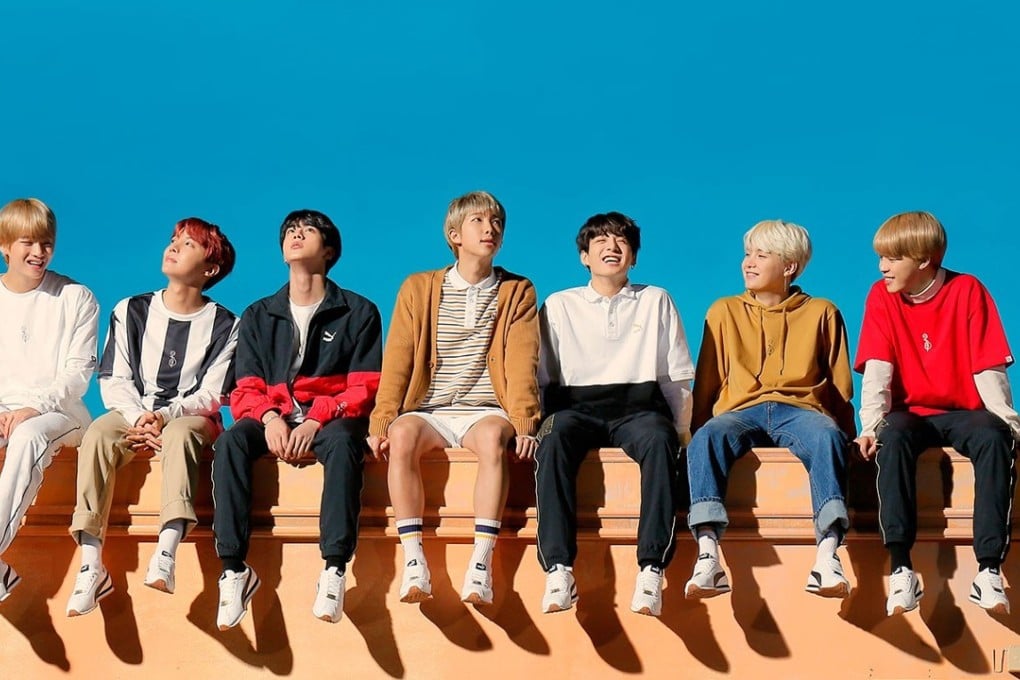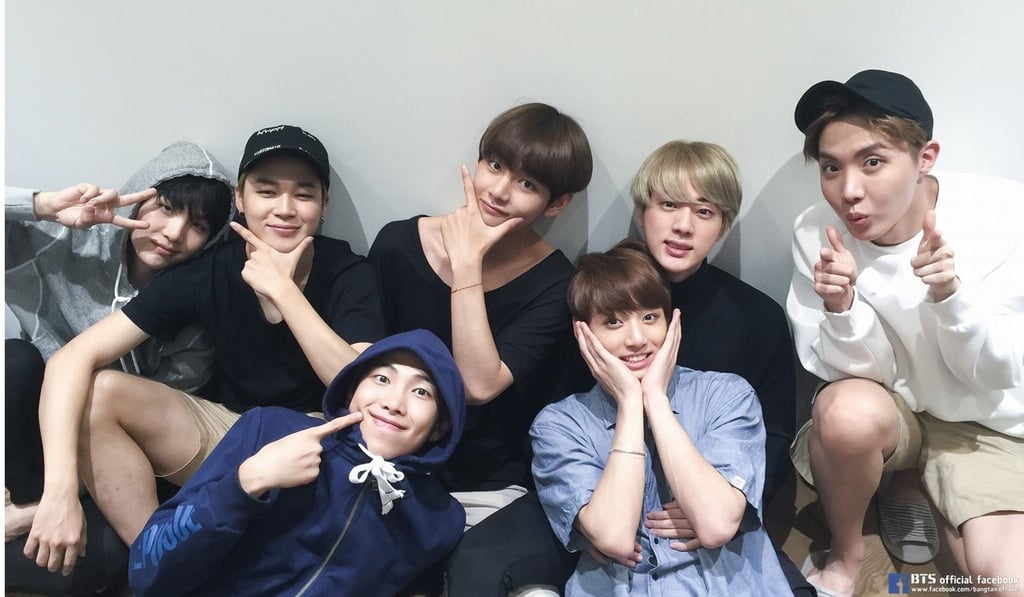How K-pop gets away with cultural appropriation – of R&B, hip hop and bubblegum pop
K-pop groups such as BTS have copied Asian and Western musical trends and genres, just as South Korean industry has taken overseas technology and improved on it

A lot of fuss is made about “cultural appropriation” these days, but apart from it being considered generally politically incorrect, there’s also some confusion on the subject. In Asia, most of the criticism has been levelled at those borrowing from Chinese or Japanese culture for commercial gain, but Korean popular music has also come under attack.
Acts such as Rain, CL and Keith Ape have all ruffled feathers for incorporating elements of African-American music into their sound, but what constitutes “appropriation” of culture? After all, culture travels globally and appropriation could be seen as the highest form of flattery.
In the past few decades, dozens of artists from Elvis to Vanilla Ice have faced similar claims, but most criticism seems to focus on appropriation without proper attribution. Still, other acts have managed to get away with borrowing from foreign music or fashion part of their artistic expression.
Appropriation can be done well or in poor taste. It can be done with attribution or as part of an act of wholesale theft. And it can be done in acceptable and unacceptable ways.

When it comes to South Korea, the country has been looking overseas for inspiration since it started modernising. And K-pop, like many aspects of Korean culture that emerged in the 1960s and ’70s, is inherently “appropriative”.
For example, take the story of the automobile in Korea. Everything began with the Shibal. The car’s name, despite sounding like a serious swear word in Korean, comes from the Sino-Korean term for “to start/depart”. A symbol of Korean development style itself, the legendary Shibal car was cobbled together from parts of US Army Jeeps and turned into gaudy, cyan-coloured taxis.
